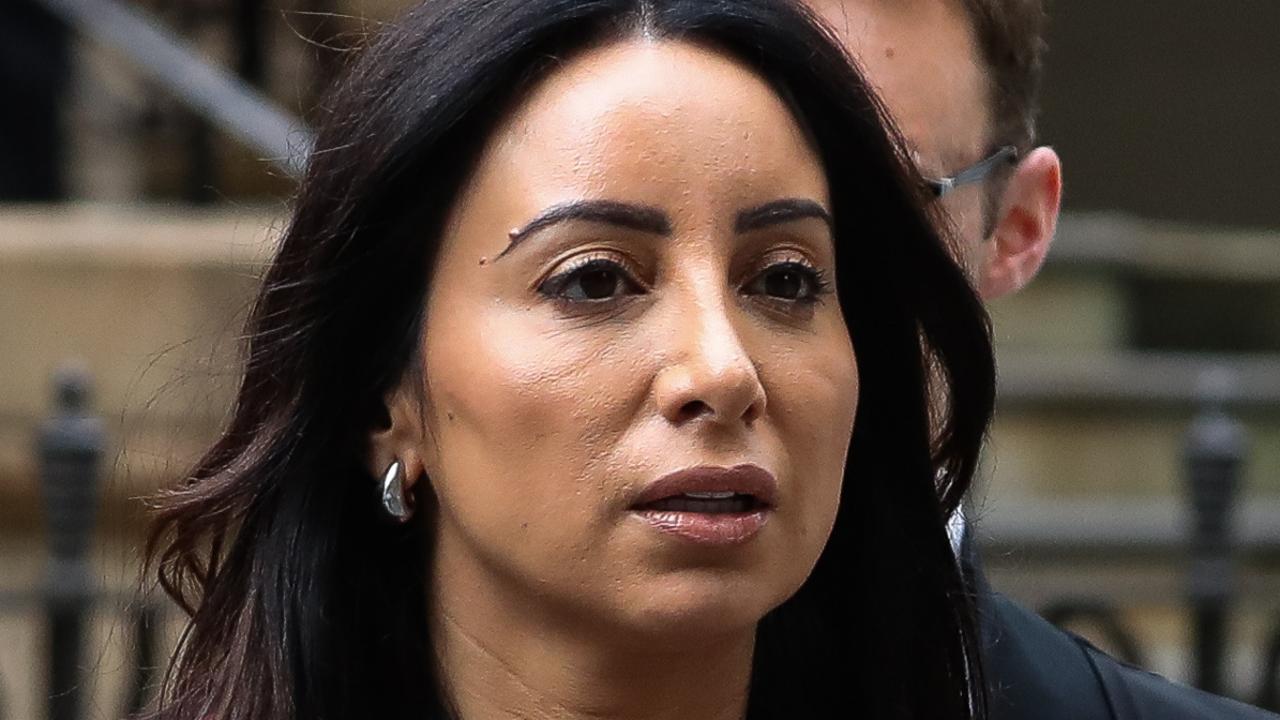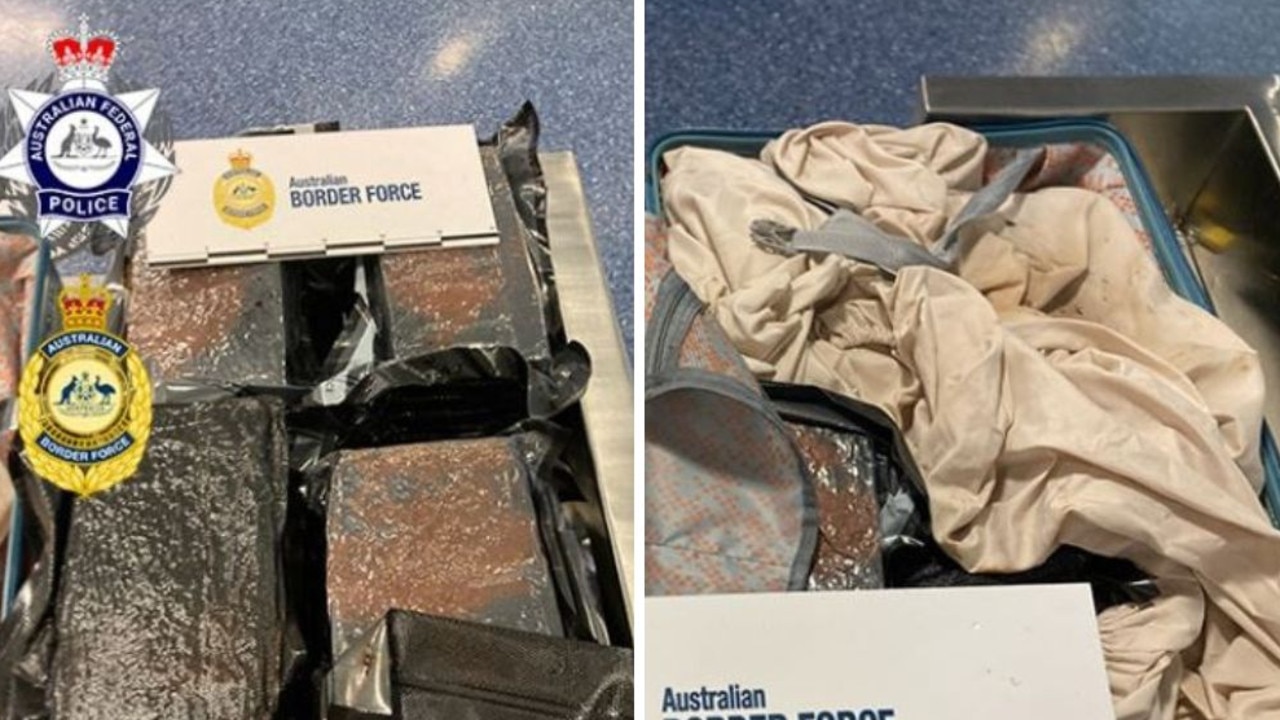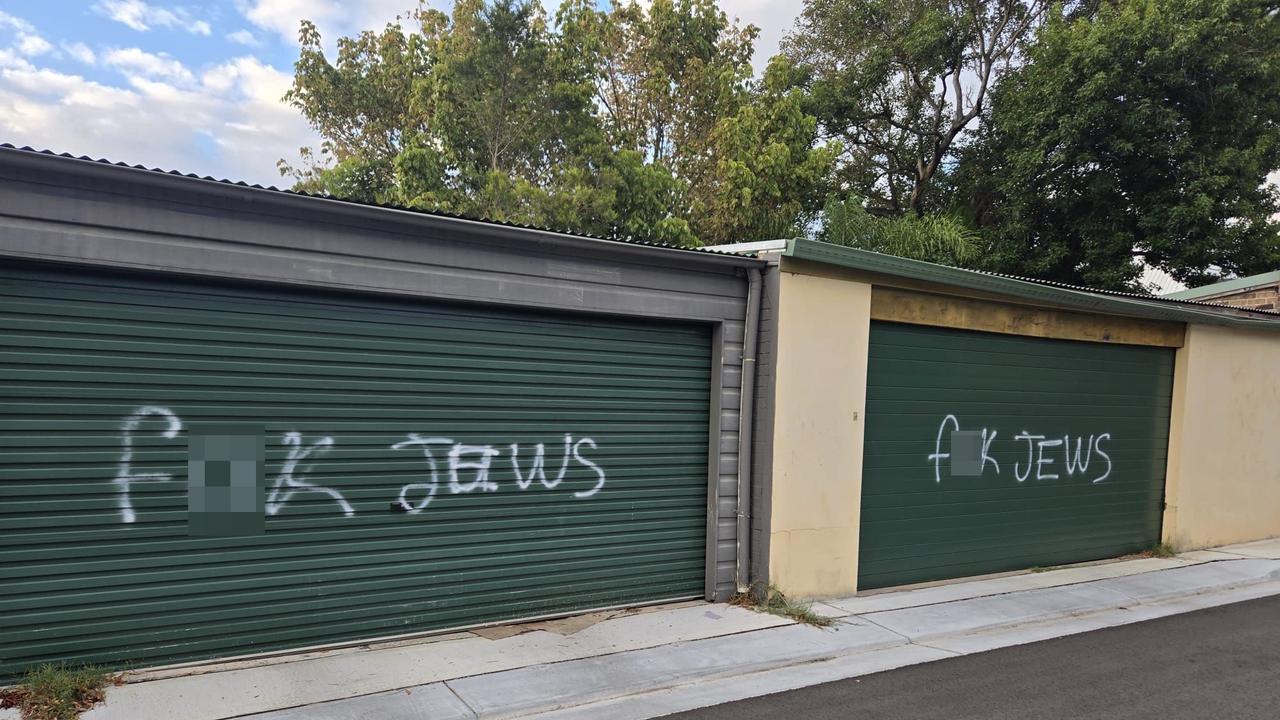Geoffrey Watson SC launches scathing review of Bruce Lehrmann legal saga
In an hour-long speech, a prominent barrister delivered a scathing review of the Bruce Lehrmann saga, hitting out at journalists, juries, lawyers, courts and police.

One of Australia’s leading legal thinkers has delivered a furious tirade on the fallout from the Bruce Lehrmann saga, hitting out at multiple parts of the criminal justice system for their perceived failures including juries, the police, fellow lawyers, courts and the press.
Geoffrey Watson SC, speaking at the Law Society of South Australia, said the minefield, which exploded across Australia after Mr Lehrmann was accused of sexually assaulting former Liberal staffer Brittany Higgins at Parliament House in March 2019, triggering several legal cases, showed how when “one thing goes wrong, everything goes wrong”.
Criminal charges against Mr Lehrmann were subsequently dropped. Earlier this year a Federal Court found, on the balance of probabilities, he raped Ms Higgins. Mr Lehrmann is appealing that verdict.
He said the case, at its core, demonstrated troubling flaws in how sexual assault cases are generally handled in Australia.
“I’m talking about it from the day the assault occurs, from the police first investigating it, to the referral on to the director of public prosecutions, to the way DPPs around Australia are handling it, to the way in which it is proceeded to a court, to the way in which trials of this kind are handled in 2024,” he said.
“I believe the way we handle sexual assaults in our criminal justice system is presently terrible, utterly antiquated.
“It is a means of not getting anywhere in justice … it needs desperately to change.”
Mr Watson said change would need to begin with the police, and he criticised how the ACT Police had handled Ms Higgins’ allegations.
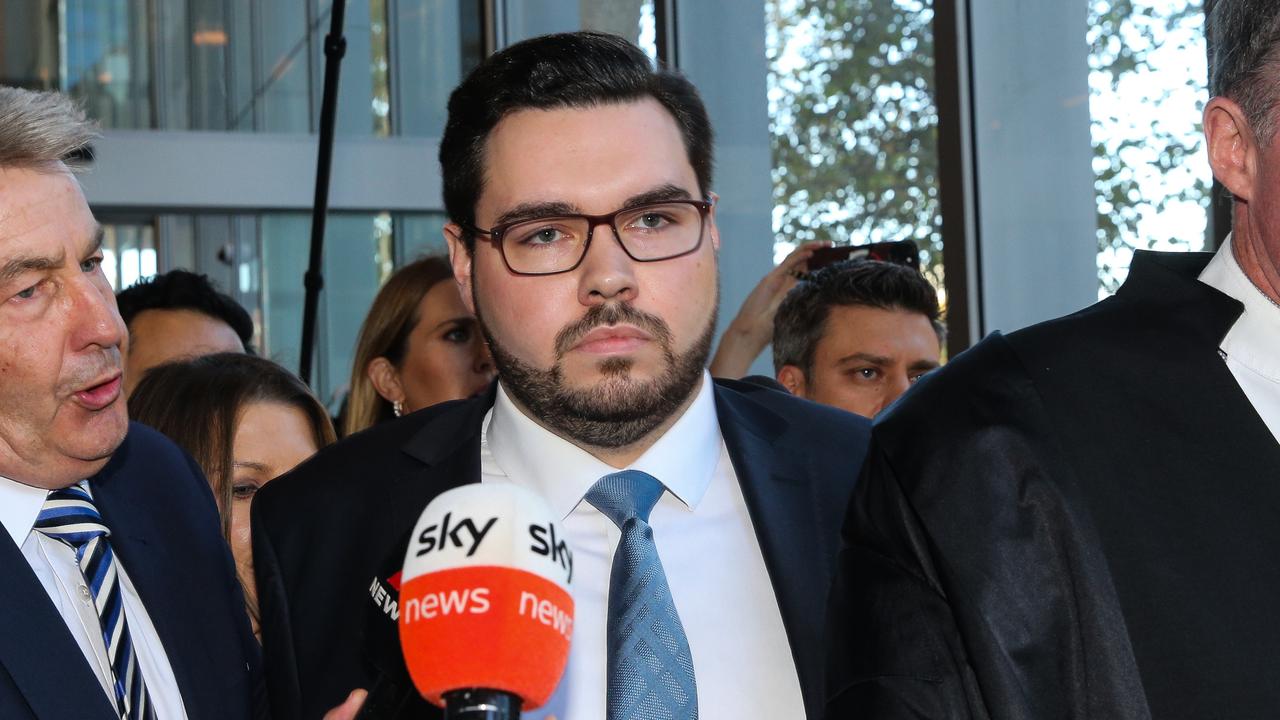
“The ACT Police do have an extraordinarily low rate of presenting these kinds of offences to their DPP,” he said.
Tensions erupted between police and ACT chief prosecutor Shane Drumgold SC over the case.
Following the collapse of the Lehrmann criminal trial in October 2022 due to juror misconduct, Mr Drumgold wrote to ACT Police complaining of “inappropriate interference” from the police. Mr Drumgold’s claims were subsequently discredited.
“In this event which occurred in Parliament House, that young woman’s reticence (Higgins) is a story, which I think, if we haven’t had direct experience speaking with someone who has been in that position, we’ve heard of it distantly,” Mr Watson said.
“Every decent-minded person listening will fully understand why, why a young woman would be reticent about going to the police.
“All of this affects the rest of the judicial system.”
Justice Michael Lee would rule in April 2024 that Lehrmann, on the balance of probabilities, raped Higgins following a closely-watched defamation case between Lehrmann and Ten.
Mr Watson also criticised the jury system, a cornerstone element of criminal justice in which independent citizens determine guilt or innocence in a trial.
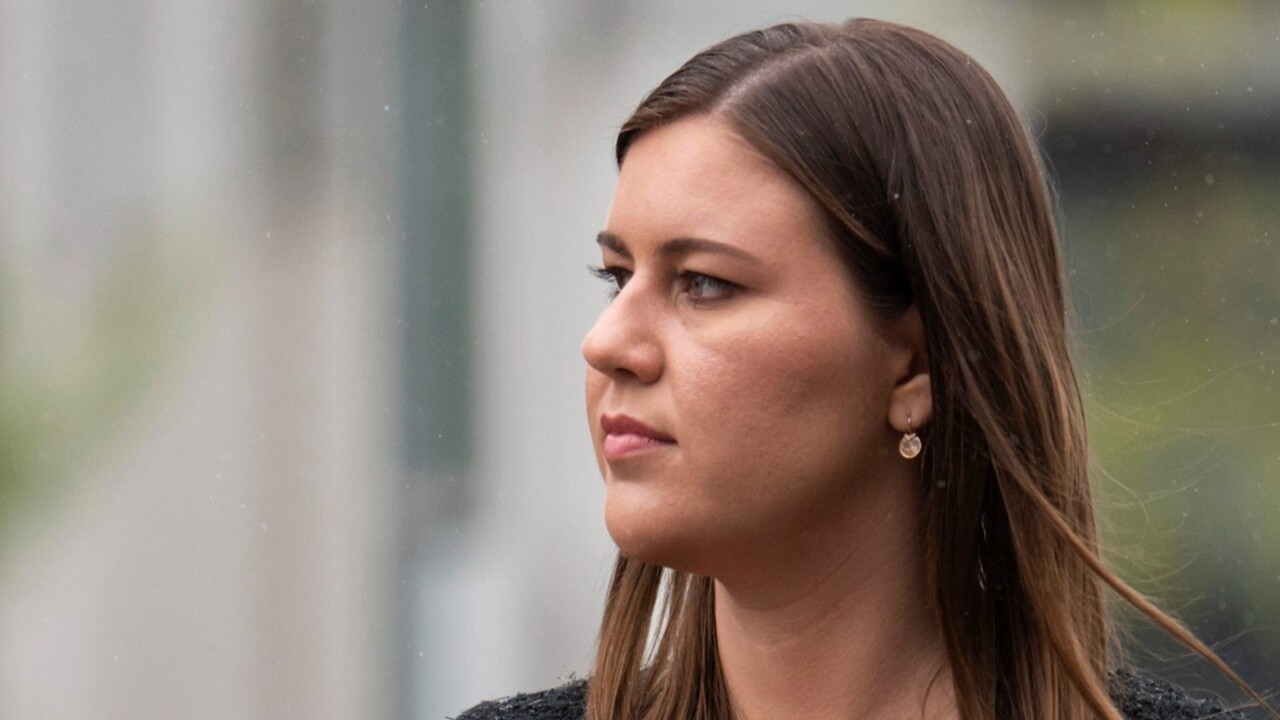
“What on earth is wrong with our jury system?” he said.
Mr Watson said the jury system was underpinned by three “incredibly important” assumptions, namely that juries sit and listen to judicial directions, that they understand those directions and then obey them.
“If any of those are wrong, the jury system is very badly flawed,” he said.
“What if our assumptions are wrong?”
The Lehrmann trial was aborted after a juror ignored a judicial direction and improperly engaged in their own research on the case.
“We don’t know whether it (the jury system) is working,” he said, arguing there was insufficient research to determine whether or not the system was effective
“We don’t know whether 12 is the right number. It was handed to us a long time ago and we accepted it without questioning.”
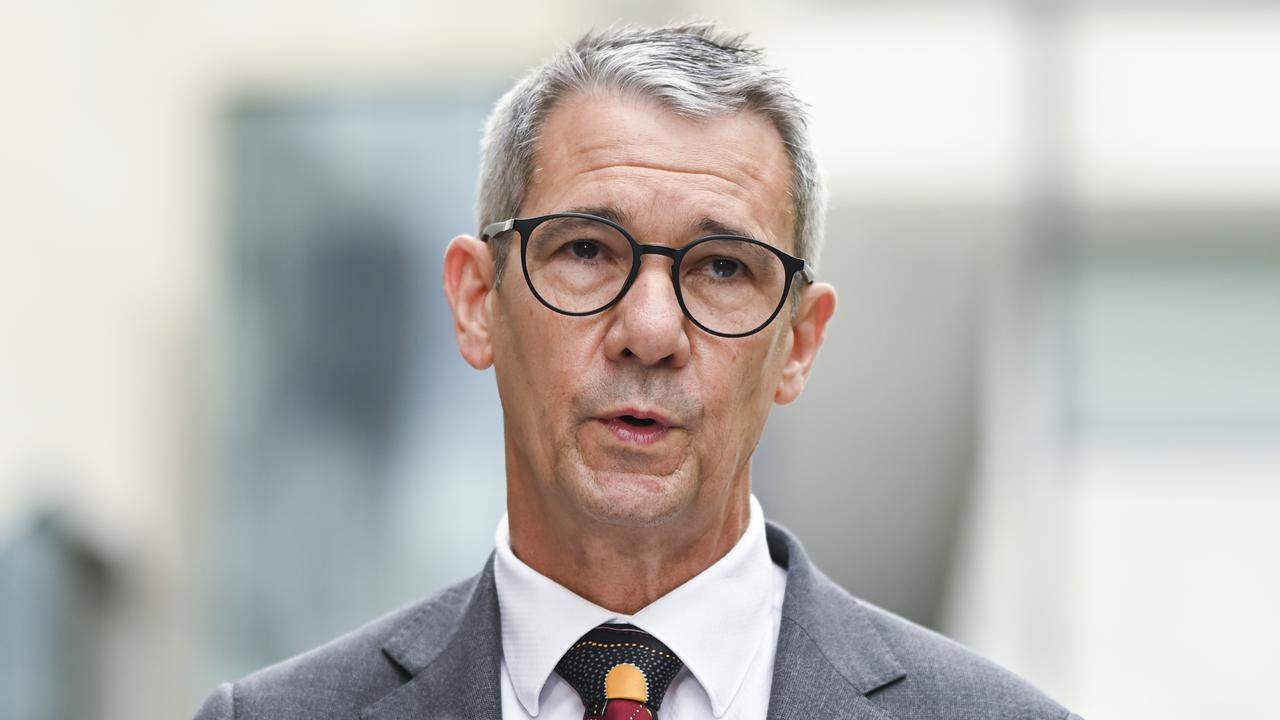
Mr Watson also criticised the role of the press in the case and singled out The Australian and Seven West’s Spotlight program for their approach.
He said he believed reporting on the case and the Drumgold inquiry was “lopsided” and “nasty” towards Mr Drumgold.
“As best I could understand it, it was driven by an agenda,” he said.
“As best I could understand that agenda, it was underpinned by the idea the MeToo movement had gone too far.
Mr Watson said while he believed that was a “rational agenda”, he found the reporting to contain “attacks” on Mr Drumgold.
Mr Watson’s diatribe also roped in fellow lawyers and judges, particularly Walter Sofronoff KC, who chaired an inquiry into Mr Drumgold’s handling of the Lehrmann case.
Mr Sofronoff’s report, delivered to ACT Chief Minister Andrew Barr in July 2023, found “several serious findings of misconduct” against Mr Drumgold.
In response, the ACT Government launched a judicial review of the report, with the review led by Acting Justice Steven Kaye.
While Mr Kaye upheld much of Mr Sofronoff’s report, he said Mr Sofronoff’s interactions with a journalist “before and during the inquiry” gave rise to a “reasonable apprehension of bias”.
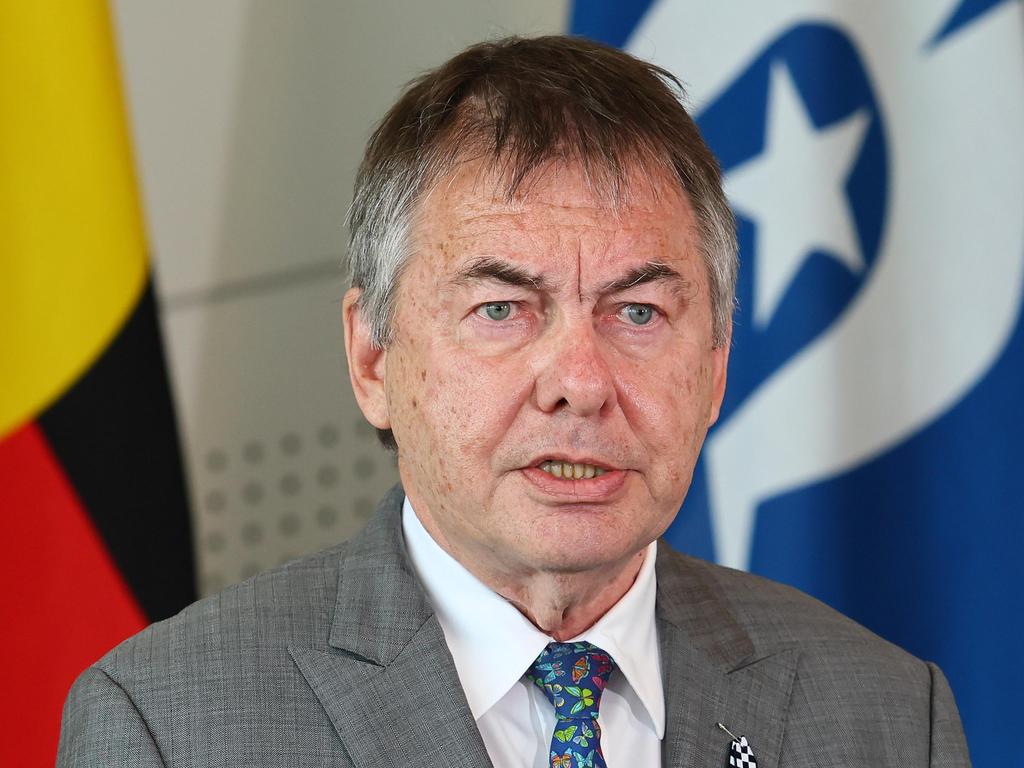
Mr Watson said “everything went wrong with the Sofronoff inquiry”, from Mr Sofronoff’s conduct to Justice Kaye’s reasoning.
“Once you’ve got an administrative decision infected with bias, there is no decision at all, the High Court has said it repeatedly,” he said.
A separate inquiry from the ACT Bar Association has dismissed complaints of misconduct against Mr Drumgold.
Finally, Mr Watson took aim at the country’s defamation laws, arguing Lehrmann’s case against Ten was “never worth more” than $20,000
“He was suing The Project, he was not named. Only a very limited number of people would have known the name of the person involved, until he was charged, and surely then that overwhelms any defamatory effect of the original publication.
“So it was only a few months, to a few people. That was only ever worth $20,000.
“Why has our system got a case like that running for several weeks, absorbing court time, judge time, public money, $4m in legal costs, over a $20,000 case. The whole thing is absurd. Defamation law has gone completely wrong.”


